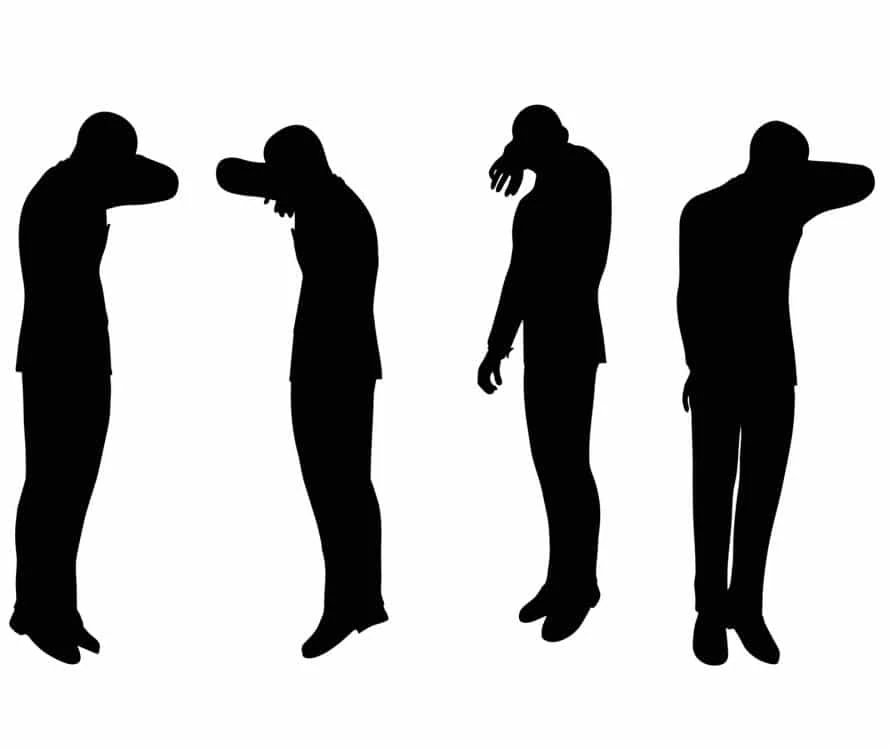


Stigma is one thing that keeps many people with a substance use disorder from seeking out the help they need. If you used “harder” drugs like cocaine, Oxy or heroin, then you may worry what people will think.
After all, there are a lot of negative images in the media that are associated with these drugs. And you, yourself, know that addiction is not fun and can lead you to do things that make you ashamed.
It can be very humbling to tell a loved one about your addiction, but it can be even harder to say to a stranger. Stigma, however, is something that all people in recovery face one time or another. Knowing how to confront stigma is an integral part of your long-term recovery.
The addiction-related stigma that you may face in recovery isn’t always just due to the drugs. You may have crimes like DUI’s or theft in your past. You may not have held a legitimate job for a while. You probably will have to explain these things to your employer, which means being prepared to be honest and open about your recovery and how you have changed.
This will be easier to do as time goes on and you've been clean longer. The best you can do it prove to others that you're a changed man, and explain to people, humbly, that you're in recovery to continue to grow and change.
Addiction has been identified as a disease that changes the brain, altering both how it works and how a person feels and behaves. The good news is that there is a lot of information on this online (the SAMHSA website is a good start) that you can print out for family, friends, and employers.
Society is slowly but surely understanding that addiction is a disease and that specifically, the opioid epidemic has made an enormous impact on people’s lives from every walk of life. Recovery is possible, but a difficult journey at times.
You’ve come a long way if you’re clean today. You haven’t had to lie, cheat, steal or go broke by using your drug of choice. Just for today, you’re clean. And your clean time, whatever it is, is a valuable asset in your life.
Just like you have support, others in recovery need your assistance to fight addiction to. Help others out when they are feeling anxious or stressed. Take time to get to know new people, and let them know what has helped you in your life.
As you stay clean longer, you’ll learn more about yourself and get more comfortable telling your story. You’re an essential part of the recovery movement, and your experiences will help others on a similar journey.
Sometimes it's easier to transition to the outside learn and gain confidence in recovery by living in a sober living home. In the presence of peers, you can focus on yourself and learn how to cope with day to day stresses. Please give us a call at 760-216-2077 to learn more about your options.
